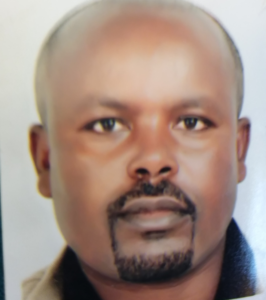“Bringing people together with different views and common interest is effective for sustainable solutions to recurrent problems”
Hello, who are you?
I am Abiro and I live in Debirebirhan, Ethiopia. I am a socioeconomics researcher for the Amhara Agricultural Research Institute (AARI), and a agricultural economist with 10 years experience in the Ethiopian agricultural research. I work with different projects on as a partner, focal person and representative of the national research system.
What are your roles and responsibilities as National Innovation Facilitator?
I am national innovation facilitator for the malt barley seed production and marketing partnership niche, and am lead NIF. My role is to facilitate actors’ involvement in order to achieve their goals by improving their commitment and participation. Currently I am responsible for conducting activities planned by the niche actors, to document the niche theory of change, their performance and project outcomes at niche and country level, and to synthesize lessons learnt.
What has CDAIS changed for you?
My involvement in CDAIS has enhanced my commitment to implement activities in the niches as a facilitator. It has also changed the way I think, work and see issues related to working with innovation partnerships. I see the importance of giving room to different actors’ views, for them to talk through their ideas and what is in their mind, reflect on their approaches, and their motives to participate in niche activities. I appreciate the capacity development through training, experience sharing, improving involvement of different partners using the marketplace workshop, and strengthening linkages between actors. And soft skills are crucial to facilitators to bringing different and contrasting minds together each with their own interest and motives, for achieving common interests. It is also important to resolve conflicts of interest among the actors through creating common ground and bringing consensuses through discussions.
Peoples’ thinking on certain issues are different depending on their access to information, knowledge, attitudes, interests and other factors. The ability to change the ways of thinking together needs special knowledge. I applied the approaches for participatory research, technology evaluation and demonstration research activities.

